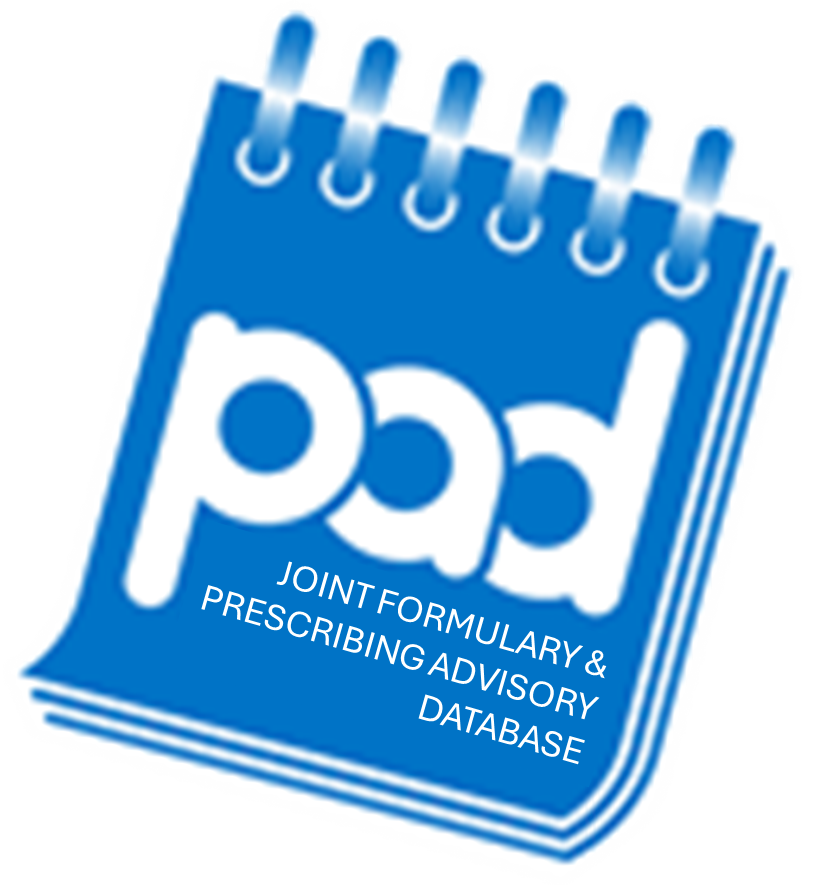
Lecanemab - Alzheimers disease
You are here : Home > Formulary Search > Lecanemab - Alzheimers disease
Status 1
- Intravenous infusion
Lecanemab used in Alzheimer’s disease is currently not available in the NHS. Eisai (the manufacturer and market authorisation holder for lecanemab (Leqembi®)) has started to make the drug available for patients to access through independent sector clinics.
The information from NHSE here provides advice for clinical teams who may be asked to support referrals for private treatment or otherwise assess, advise and possibly treat a small number of patients who could present with potential adverse treatment effects, including symptomatic Amyloid-Related Imaging Abnormalities (ARIA).
Documentation
- No records returned.
PAD Profile
Committee Recommendations (1)
Lecanemab used in Alzheimer’s disease is currently not available in the NHS. Eisai (the manufacturer and market authorisation holder for lecanemab (Leqembi®)) has started to make the drug available for patients to access through independent sector clinics.
The information from NHSE here provides advice for clinical teams who may be asked to support referrals for private treatment or otherwise assess, advise and possibly treat a small number of patients who could present with potential adverse treatment effects, including symptomatic Amyloid-Related Imaging Abnormalities (ARIA).
NICE are due to publish guidance on this drug in February 2025 and this will be considered by the APC within 90 days of publication.
Other Indications
Below are listed other indications that Lecanemab is used to treat.
- No records returned.
Other Drugs
Below are listed other drugs that are used to treat Alzheimers disease.
